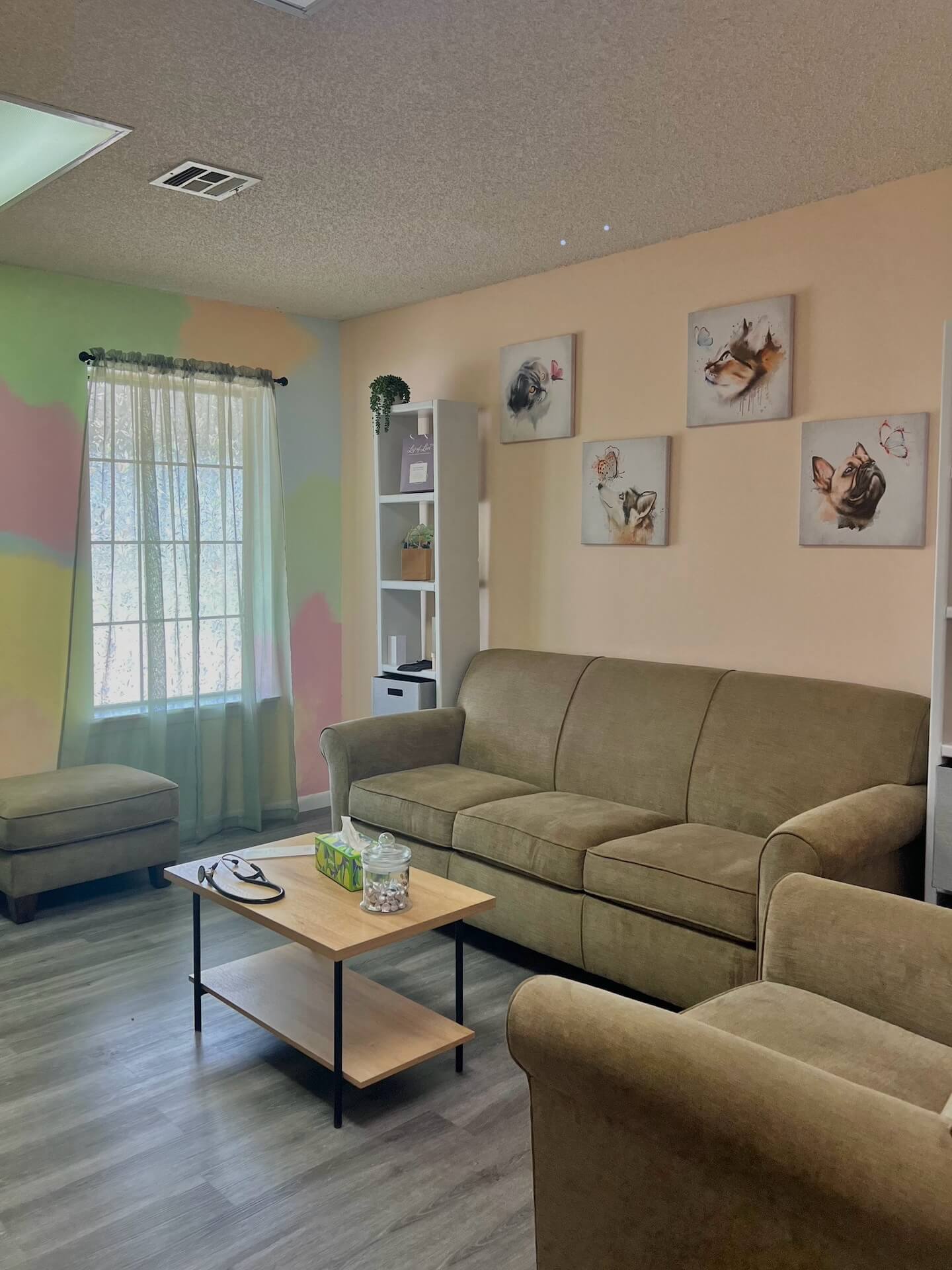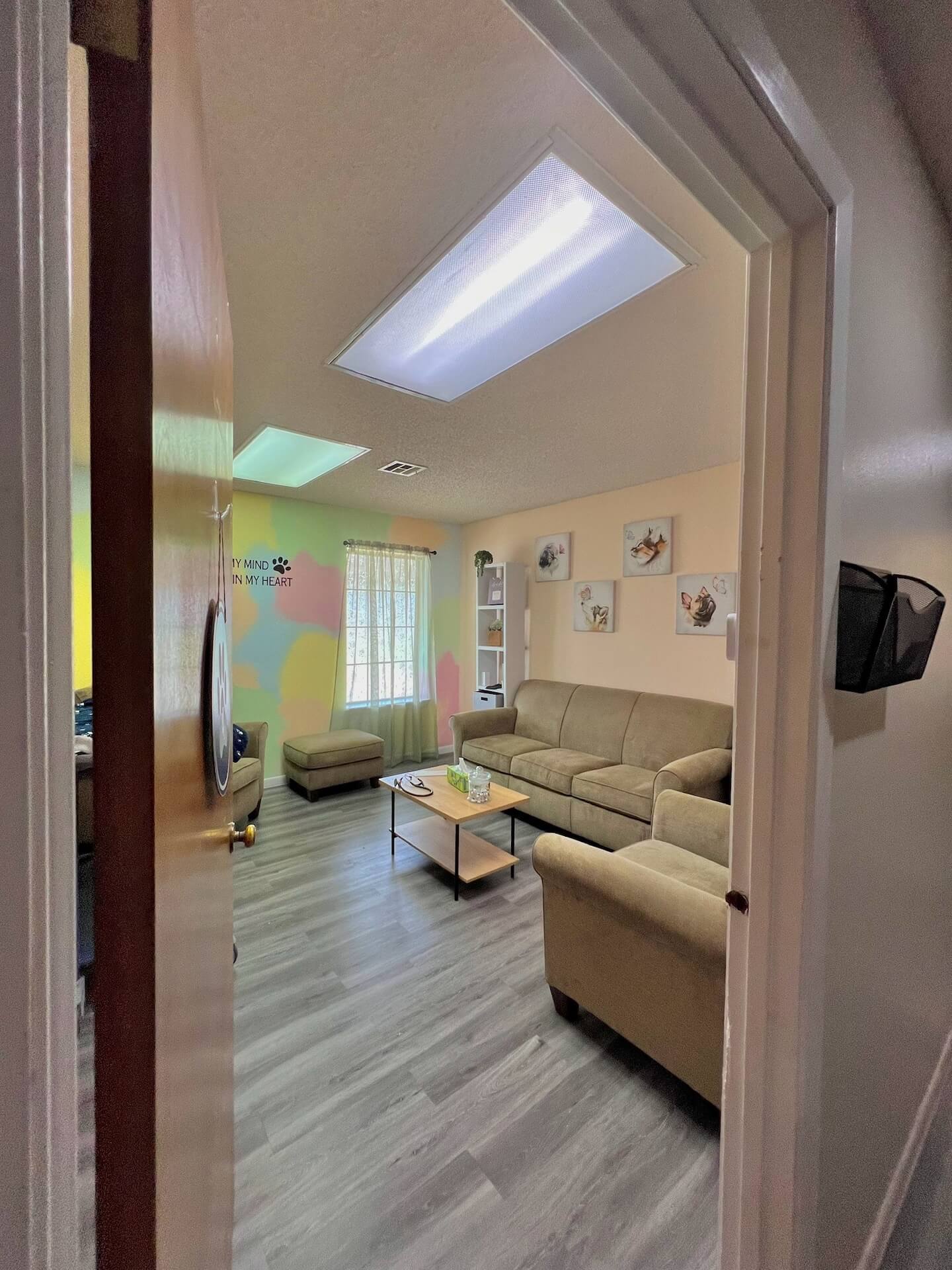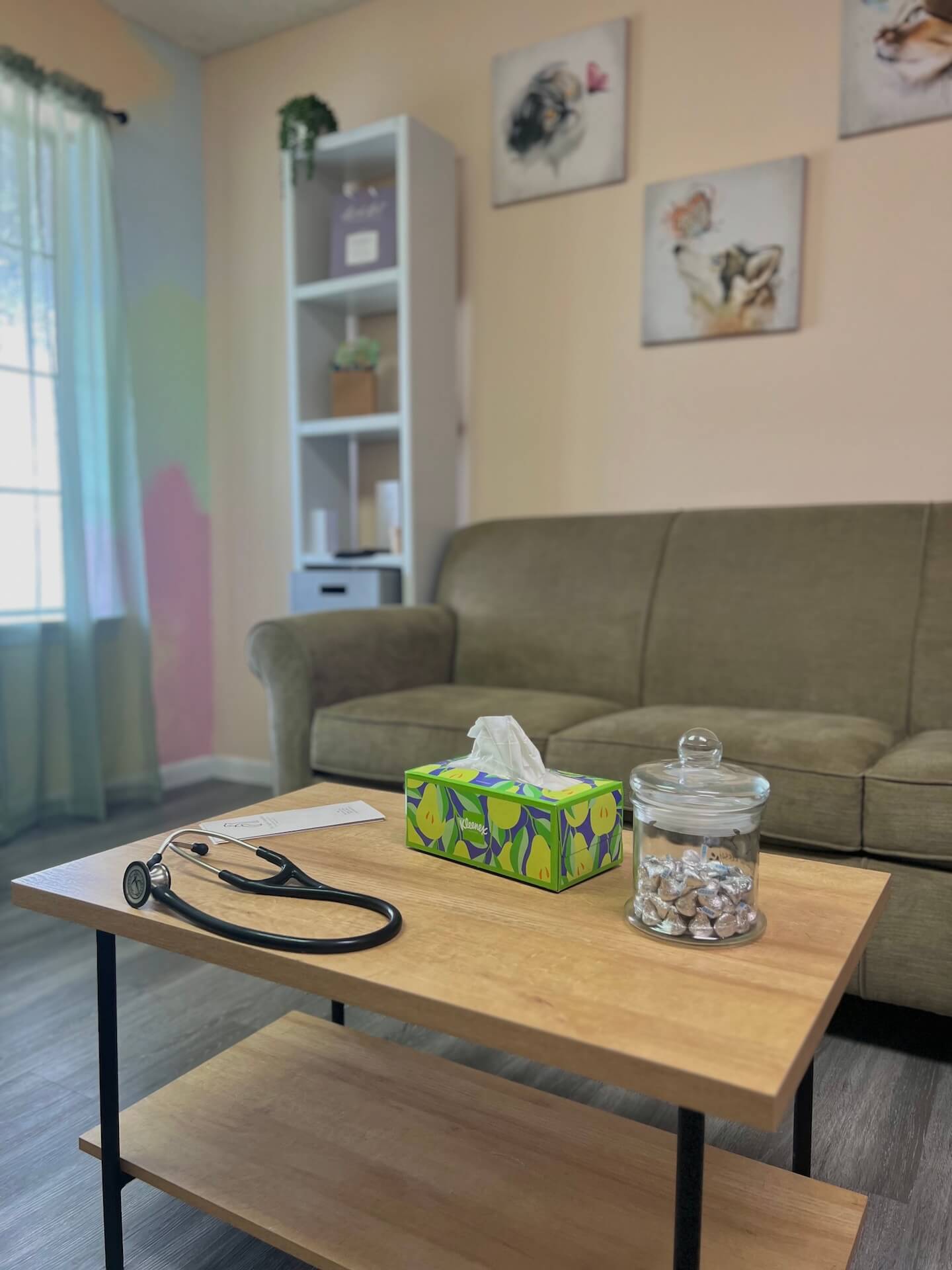Euthanasia
 Overview
Overview
Euthanizing a pet is not an easy decision. We are here to discuss options and assist in every way we can during this difficult time.
Euthanasia is commonly referred to as “putting down” or “putting to sleep”. This is a very hard decision many pet owners must make at the last stage of their pet’s life.
Why euthanasia?
Just as we all age, so do our beloved pets. As much as we would love for all of our pets to be in our lives forever, there comes a time to say goodbye. Euthanasia offers a peaceful, controlled option for the end of our pet's life. Based on your pet's quality of life, euthanasia may be something to consider.
When is the time right?
Knowing when the time is right can be a difficult choice. There are many factors that go into deciding to euthanize an animal, and it is a personal issue that differs from pet owner to pet owner. Your top concern should be about your pet’s quality of life, difficulties that come with old age, and the pain they may be suffering.
What should I expect?
Our euthanasia process is designed to be as peaceful as possible. Once you and the doctor have determined that this is the best choice, your pet will have a drug administered that results in deep sedation. During the time it takes to reach this state, you and your family may remain with your pet. It is a quiet few minutes of saying goodbye. You may also choose to leave at this point, having bid your pet farewell, taking comfort in knowing it was calm and pain free.
How should I get more information or ask for help?
Our veterinarians are available to discuss your options. They are very familiar with the experience, and are able to talk about the process and the feelings that come with it. Please make an appointment or contact us for information on options, timelines, and references for support through the grieving process.
Hospice Care
 We strive to provide the best quality of life possible for pets who may be suffering from terminal condition or disease.
We strive to provide the best quality of life possible for pets who may be suffering from terminal condition or disease.
Overview
We know how difficult it can be to see your pet suffer from old age or an illness. We are passionate about providing the best quality of life possible for an animal who may be suffering from a terminal condition or disease.
Why would my pet need hospice care?
The goal of veterinary hospice care is to maintain a good quality of life for your pet as long as possible while they are suffering from a terminal illness. Hospice care shifts from treating a patient's illness to keeping them comfortable and happy, while avoiding any form of treatment that could have significant effects on the pet.
When is hospice care appropriate?
Hospice care is typically appropriate for a pet if they have been diagnosed with a terminal illness, have a life-expectancy in the range of a few days to months, and the pet owner does not want to euthanize at this time. Hospice care can give pet owners peace of mind knowing that they helped their beloved pet live a life that was as long and happy as possible.
How is hospice care structured?
Typical treatment options in hospice care may include nutritional support, ensuring proper hydration, managing symptoms, assisting with urination and defecation, keeping pets well-groomed and clean, helping pets move around their environment safely, and providing mental stimulation and plenty of love.
Cremation
 There are several wonderful ways to memorialize your beloved pet. Cremation can be a lovely way to honor and celebrate their lives.
There are several wonderful ways to memorialize your beloved pet. Cremation can be a lovely way to honor and celebrate their lives.
Overview
Dealing with the end of a pet’s life is never easy. We want to make the process less difficult for you by offering cremation services as a way to memorialize and honor the life of your beloved pet.
Why should I consider cremation for my pet?
Cremation can be a wonderful and flexible way to celebrate and memorialize the life of an animal. Cremated remains can be buried, kept in an indoor or outdoor urn, or commemorated in jewelry or keepsake items.
When should I consider cremation for my pet?
We all wish our pets could live forever, but unfortunately there comes a time where we have to say goodbye. Please consult with us as close to end of the pet's life as possible, so we can determine the most humane and appropriate end of life care.
